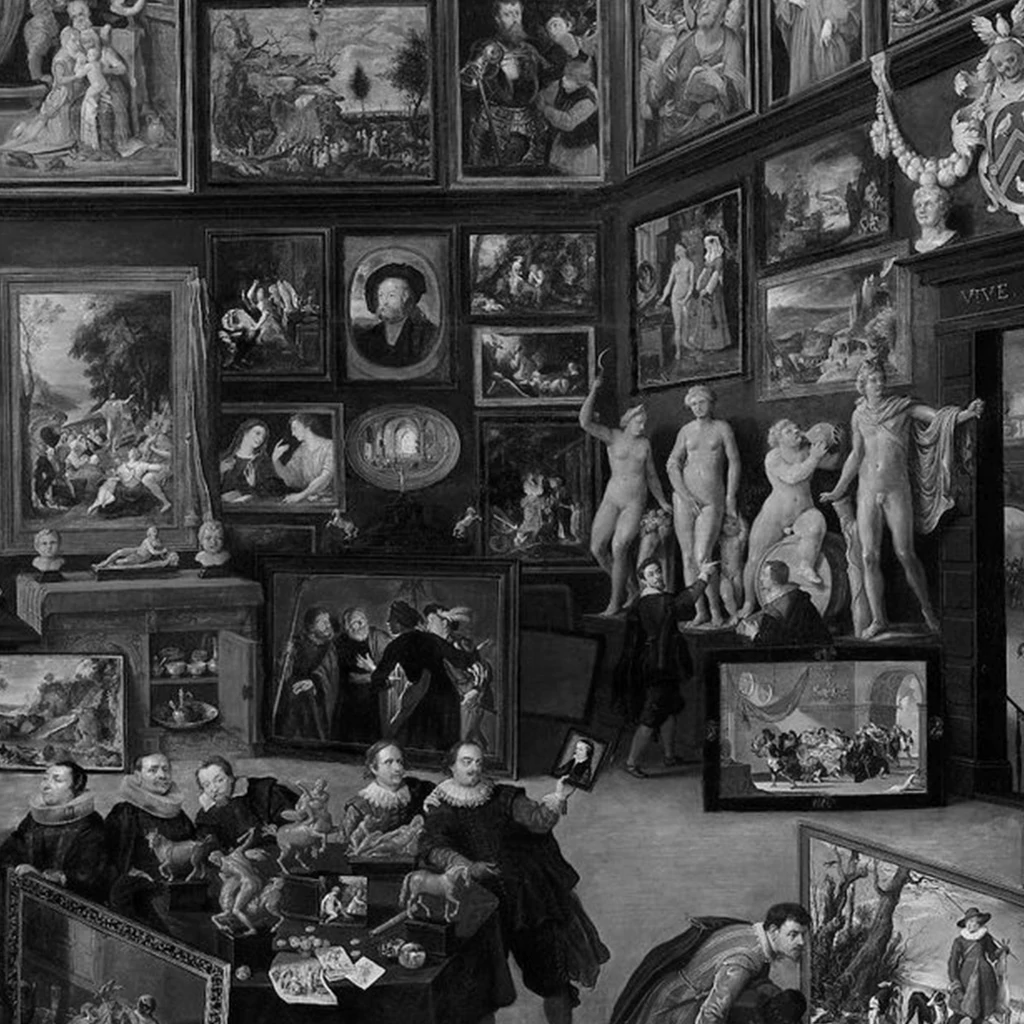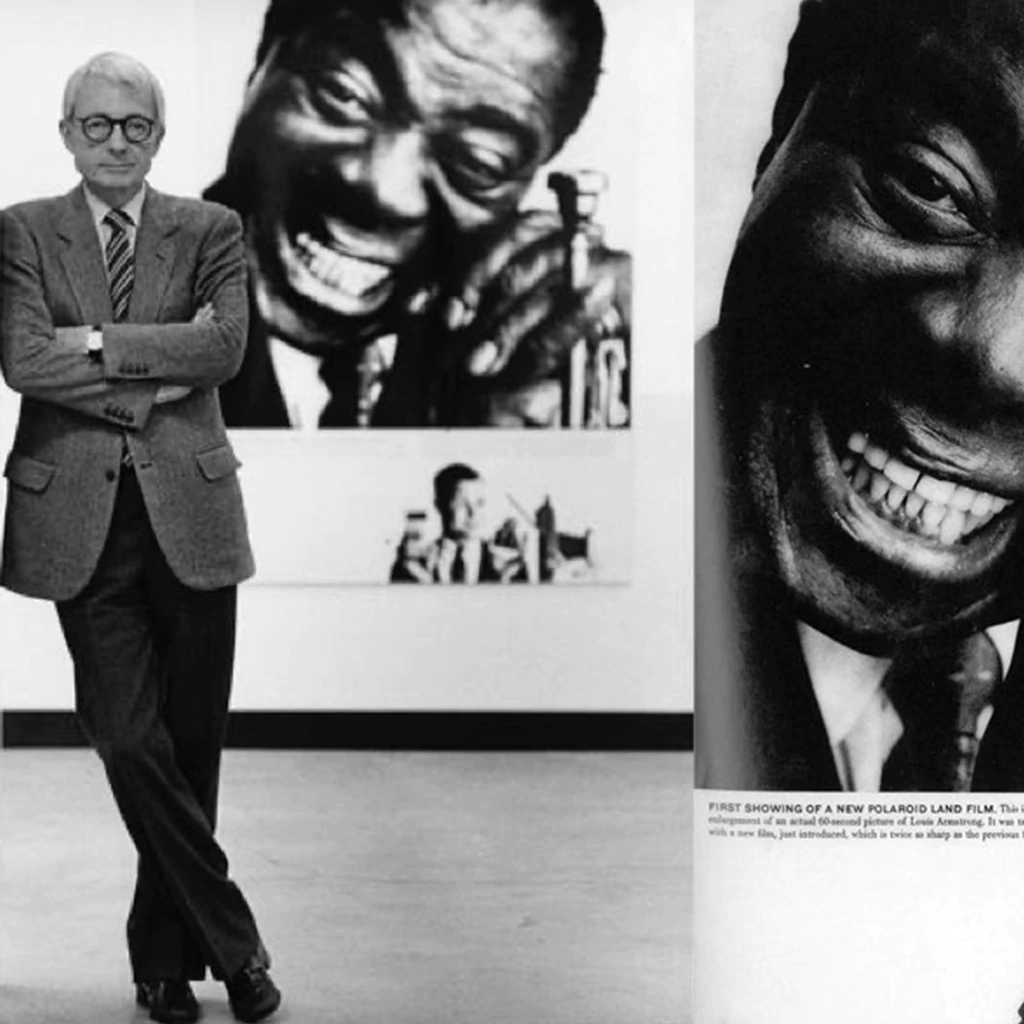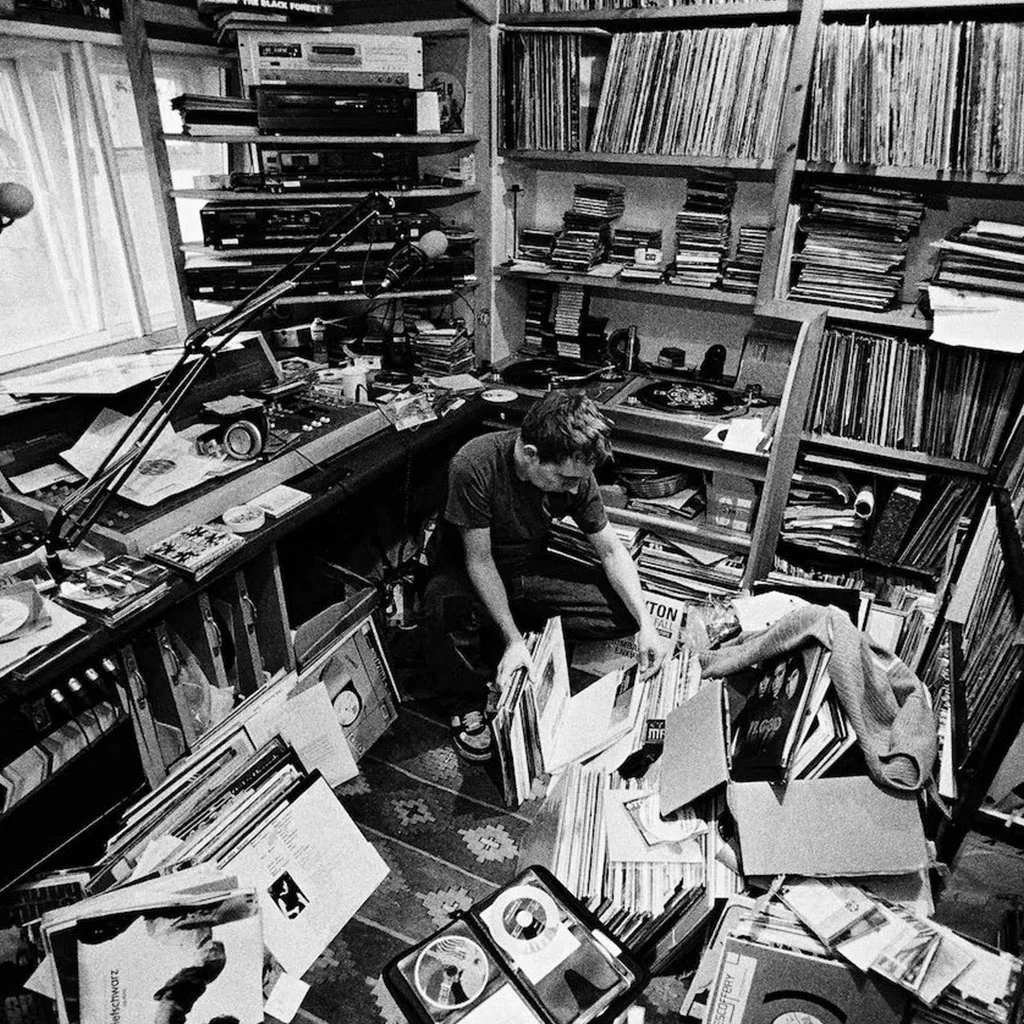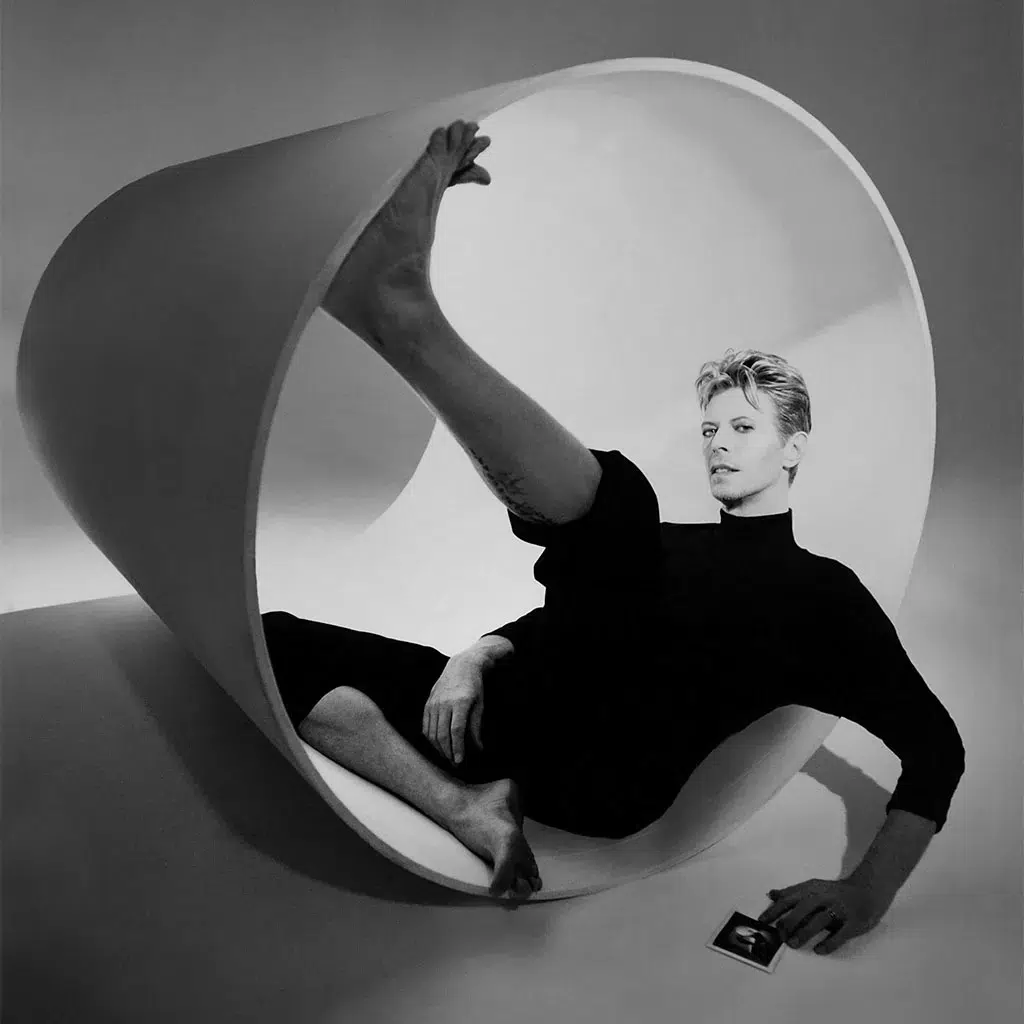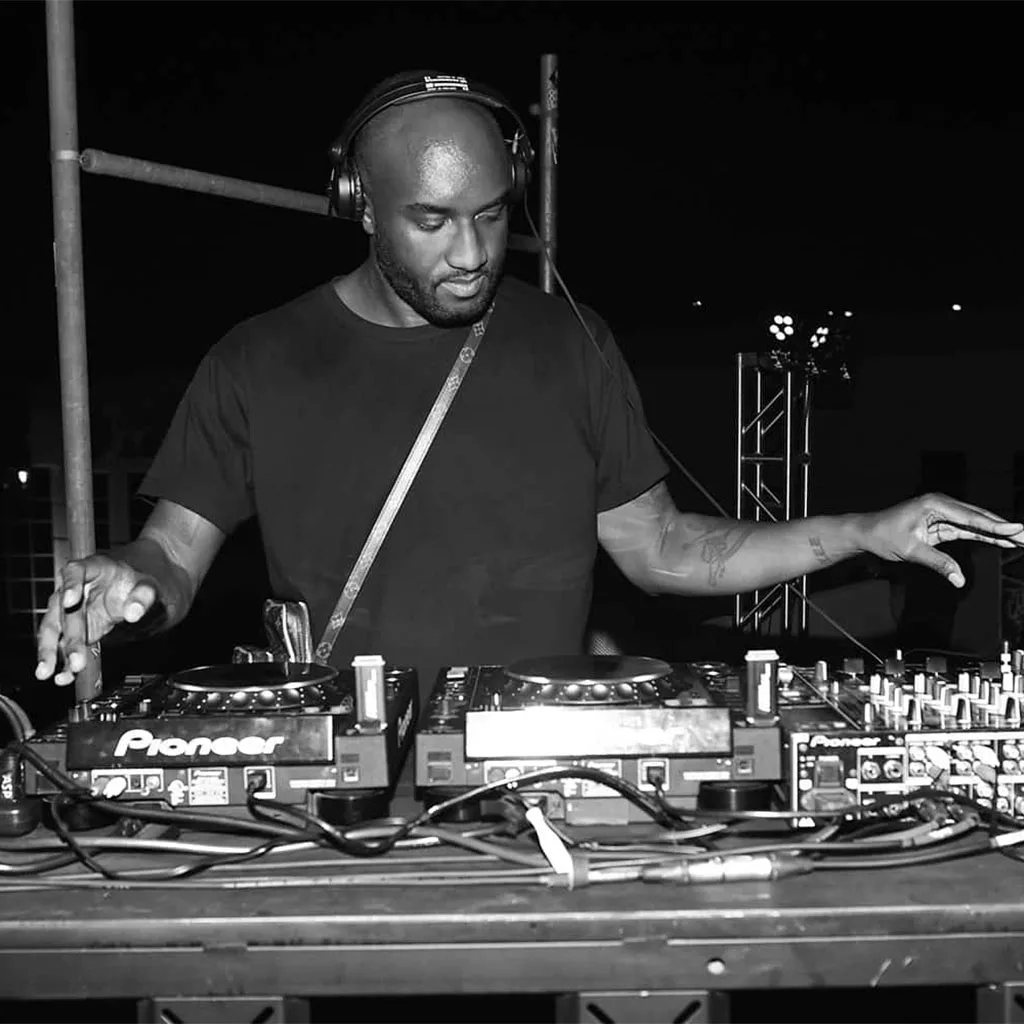How Urban Contemporary Music Became a Global Phenomenon?

Urban contemporary music has become an integral part of modern music culture, influencing the industry and shaping the sound of popular music today. Influencing and shaping the sound of popular music in various genres. Its ability to challenge societal norms, promote social justice causes, and reflect the experiences of African Americans has made it a vital part of music culture today.
What Is The Urban Contemporary Music?
Urban contemporary music is a genre that originated in the United States in the early 1970s. It encompasses a range of styles and urban contemporary music is heavily influenced by the African American community and reflects African-Americans’ culture, experiences, and struggles. The genre’s popularity has grown considerably in recent years, contributing significantly to the sound of modern popular music.
Why Is It Called Urban Contemporary Music?
Urban contemporary music got its name from its origins in urban areas in the United States. The term “urban” refers to the culture and lifestyle of the African American community, who were the primary creators and listeners of the genre. “Contemporary” refers to its modern and evolving sound, with new styles and elements constantly emerging and evolving. The term “urban contemporary” highlights the intersection of urban culture and contemporary music, creating a sound that represents the struggles, stories, and experiences of African Americans in modern times.

What Are The Characteristics?
Urban contemporary music is characterized by its smooth, soulful beats, which often incorporate elements of R&B, hip-hop, and electronic music. The genre’s lyrics often reflect the experiences, struggles, and culture of African Americans, with a focus on social justice issues. Urban contemporary music frequently features solo vocalists, and its sound is often heavily produced and polished. The genre often uses a wide variety of instrumentation, including keyboards, drums, electric guitars, and horns. Urban contemporary music is known for its catchy, upbeat melodies, and its ability to evoke emotions and move its listeners.
History of Urban Contemporary Music
Urban contemporary music, also known as R&B, originated in African American communities in the United States in the 1940s. The genre emerged as a fusion of gospel, blues, and jazz, with strong vocal performances and catchy melodies. In the 1960s and 1970s, R&B evolved with Motown and soul music, with artists like Marvin Gaye and Aretha Franklin achieving commercial success. The 1980s and 1990s saw R&B incorporate elements of hip-hop and electronic music, leading to a more polished and produced sound. The genre’s popularity continued to grow in the 2000s, with artists like Beyoncé, Usher, and Alicia Keys achieving commercial and critical acclaim. Today, urban contemporary music remains an essential part of modern music culture, shaping the sound of various genres and reflecting the experiences, struggles, and culture of African Americans.
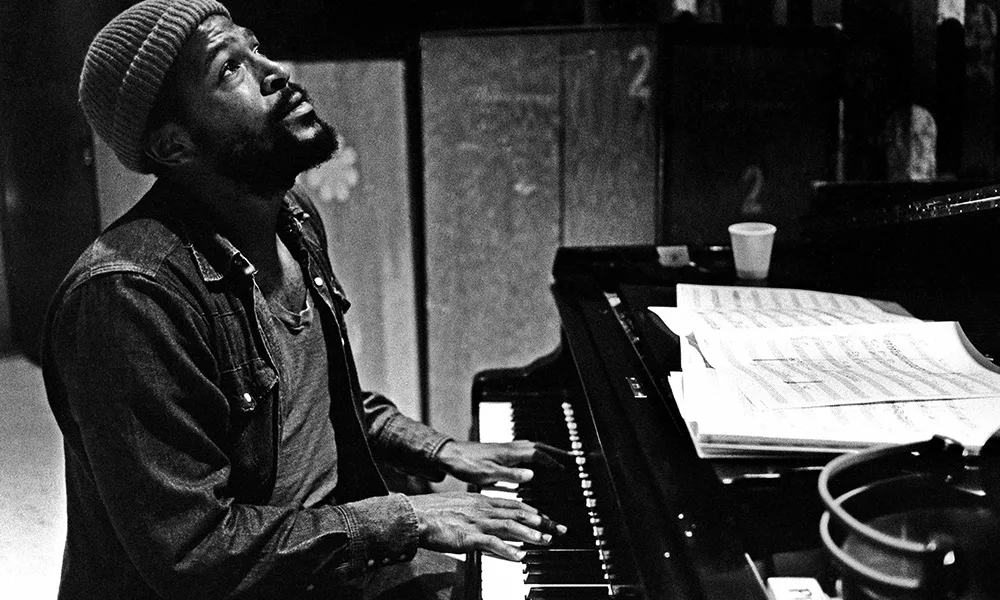
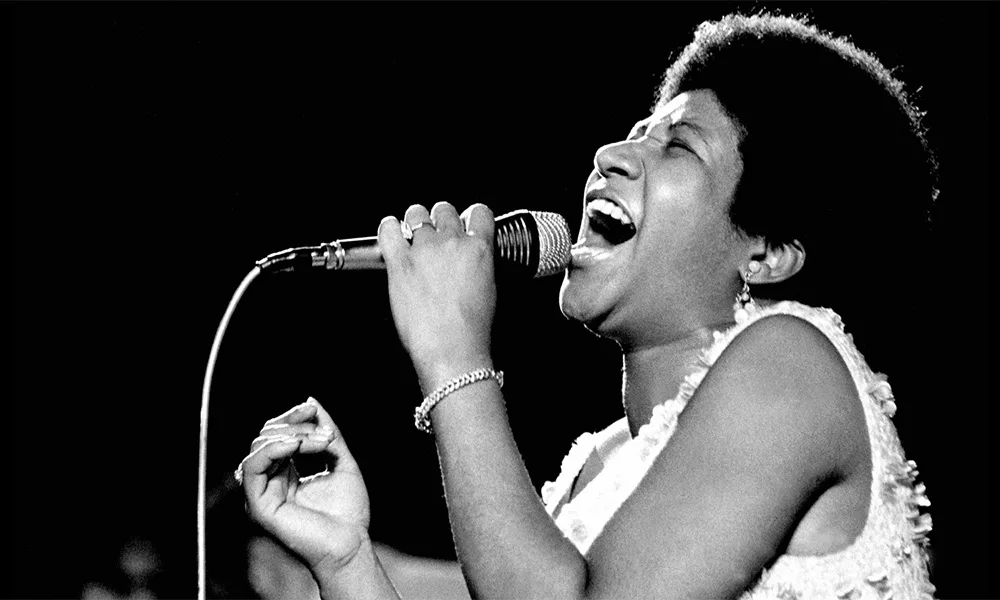
Problems and Causes of Urban Contemporary Music
Although urban contemporary music has been successful and influential, it also faces some problems, and some causes have contributed to it. One of the significant issues is the genre’s homogenization. With the increasing popularity of urban contemporary music, some critics argue that the genre’s sound has become too commercialized and lacks variety. This can be attributed to the pressure to escalate the number of album sales, leading to more formulaic and predictable music styles. Another problem facing the genre is the issue of cultural appropriation. Although urban contemporary music has its origins in African American culture, it has been appropriated by artists and producers outside of that culture, leading to a loss of authenticity. This has led to debates about who should be allowed to create, produce, and profit from the genre. Lastly, the effects of digital piracy have been challenging to the urban contemporary music industry. With the rise of digital technology, music piracy has become accessible, leading to a decline in record sales and revenue streams. This, in turn, has resulted in some artists and producers struggling to make a sustainable living from their music.
How is it Changing for the New Generation?
Urban contemporary music is constantly evolving and changing to meet the demands and expectations of the new generation. With the rise of social media and streaming services, young listeners have more access to music than ever before. As a result, the sound of urban contemporary music is becoming increasingly diverse and eclectic, incorporating elements of pop, trap, and global music styles. Unlike previous eras, where R&B featured a distinct sound, the genre today is a blend of different styles and influences, reflecting the millennial and Gen Z generations’ diverse musical tastes. Additionally, today’s artists are known for being more open and genuine with their fans, connecting with them on a more personal level, and incorporating their experiences into the music-making process. This cultural shift has also allowed for a more significant emphasis on social justice, advocating for equality and marginalized groups’ rights. In summary, as the new generation continues to consume and shape urban contemporary music, the genre will undoubtedly continue to evolve and transform, adapting to the changing cultural landscape.
Interesting Facts Known About This Music Genre
- The origin of the term “urban music” can be traced back to the 1920s in the United States. This was a time when racial segregation laws were enforced, which extended to various aspects of culture including music. The term was used to describe music that originated from African American communities living in urban areas.
- The American radio format of urban contemporary was initially created to attract advertisers who believed that “black radio” would not be able to reach a broad audience.
- The format of Urban Music experienced a significant increase in popularity during the 1980s and 1990s, ultimately becoming the radio format with the most significant profitability.
- Republic Records, one of the prominent music labels in the US that houses top-selling musicians such as Drake, Rihanna, and Ariana Grande, announced that they will no longer be using the long-standing genre classification of “Urban Music.” This decision was made in response to the worldwide anti-racism protests.

Longing For Better Music?
No one belongs here more than you do.
Literal is an independent groove radio where you feel you truly belong.
You can listen online for funky tunes. Tune in!
Can’t get enough? Us neither! Follow our Spotify playlist.
Also, you can follow us on Instagram.



